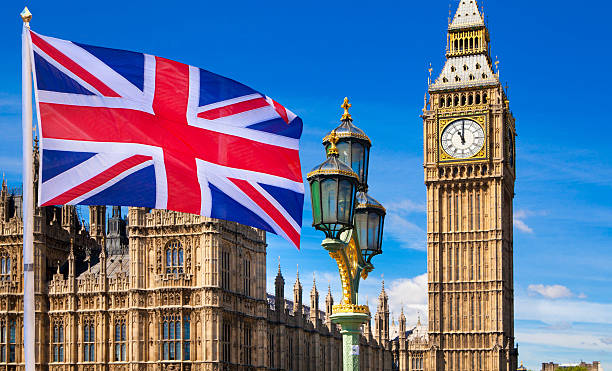The cost of living in the United Kingdom can vary significantly depending on factors such as location, lifestyle, and family size. Overall, the UK is considered an expensive country to live in, especially in major cities like London and Edinburgh. Here, we will discuss the various components of the cost of living in the UK and provide an overview of typical expenses.
Accommodation:
Housing costs represent a substantial portion of the cost of living in the UK. In major cities, such as London, renting an apartment or house can be particularly expensive. The type of accommodation, location, and the number of bedrooms will greatly influence rent prices. Many people in the UK also choose to purchase property, which can involve substantial upfront costs.
Food and Groceries:
The cost of food can vary depending on where you shop and your dietary choices. Generally, cooking at home can be more cost-effective than dining out regularly. Supermarkets like Tesco, Sainsbury’s, and Asda offer a range of options, including affordable store brands.
Transportation:
The UK has an extensive public transportation system, including buses, trams, trains, and the London Underground. The cost of transportation varies by location, with London having one of the most expensive transport networks in the country. Commuters often use Oyster cards or contactless payment methods for fare discounts.
Utilities:
Utility bills, including gas, electricity, water, and internet, can add up. Costs vary depending on the size of your accommodation and usage. Energy-efficient practices and budgeting can help manage these expenses.
Healthcare:
The UK has a publicly funded healthcare system known as the National Health Service (NHS), which provides free or low-cost healthcare services to residents. While most healthcare services are free at the point of use, some may require additional private health insurance coverage.
Education:
If you have children, consider the cost of education. While state-funded schools are available, some families opt for private schools, which can be expensive. Additionally, higher education costs, including tuition fees, vary depending on the university and course of study.
Entertainment and Leisure:
The cost of entertainment and leisure activities varies widely. Cultural attractions, theaters, and restaurants in major cities are often more expensive than in smaller towns. Budgeting for leisure activities is important to maintain a balanced lifestyle.
Taxes:
The UK has a progressive tax system, with income tax rates varying depending on your earnings. National Insurance contributions also fund the NHS and other social services.
Savings and Miscellaneous Expenses:
It’s advisable to budget for savings and unforeseen expenses, such as emergencies, repairs, and personal indulgences.
Conclusion:
The cost of living in the UK can be high, particularly in major urban centers. However, there are regional variations, and individuals and families can make choices to manage their expenses effectively. Creating a budget, understanding local costs, and making informed choices about accommodation and lifestyle can help individuals and families comfortably manage the cost of living in the UK. Additionally, it’s essential to stay informed about changes in living costs and government policies that may affect expenses.
